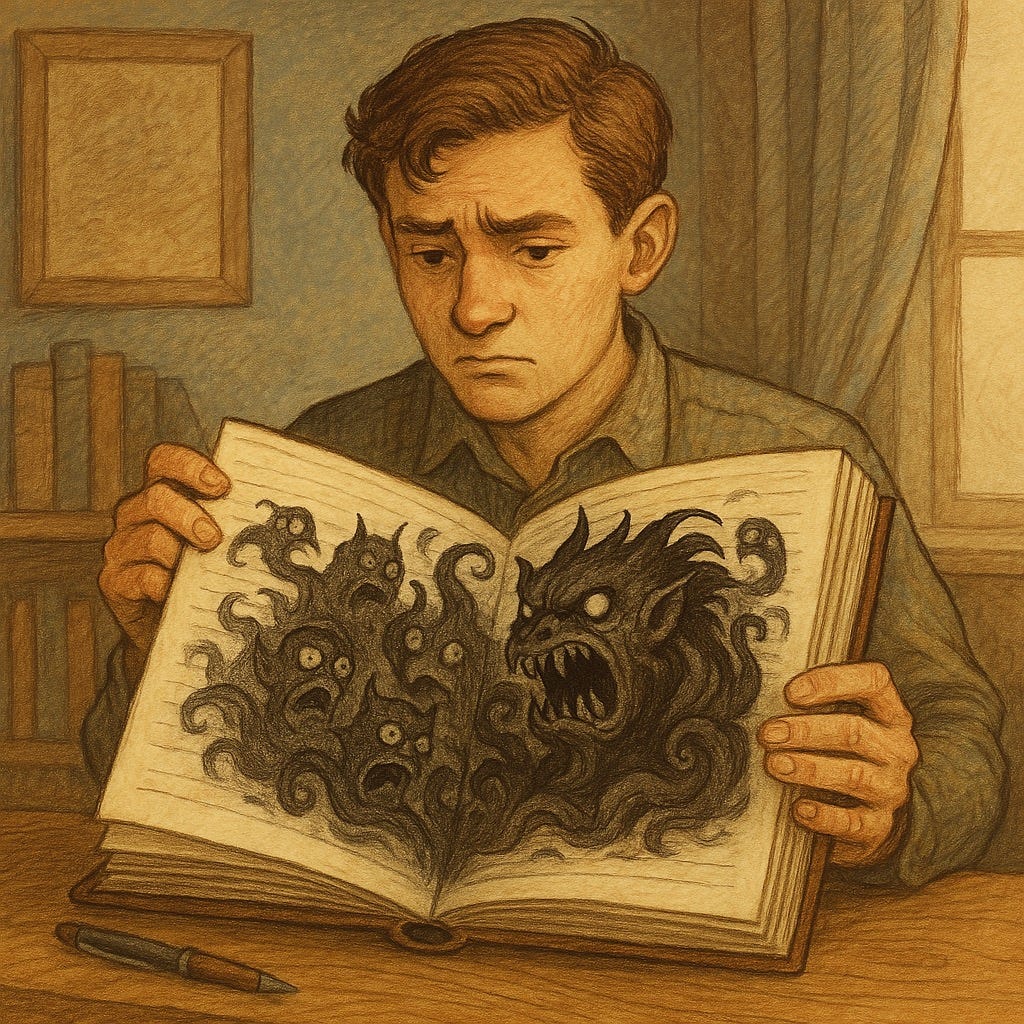Your Mind Is Not a Public Park
Lately, I’ve noticed something subtle—but unsettling—among thoughtful, high-functioning people.
It’s not burnout. Not exactly distraction either.
It’s something else.
Something I can only describe as mental uglification.
I’m not talking about being “wrong” or “uninformed.” I’m talking about a shift in how people think.
Their thoughts become reactive. Their t…



